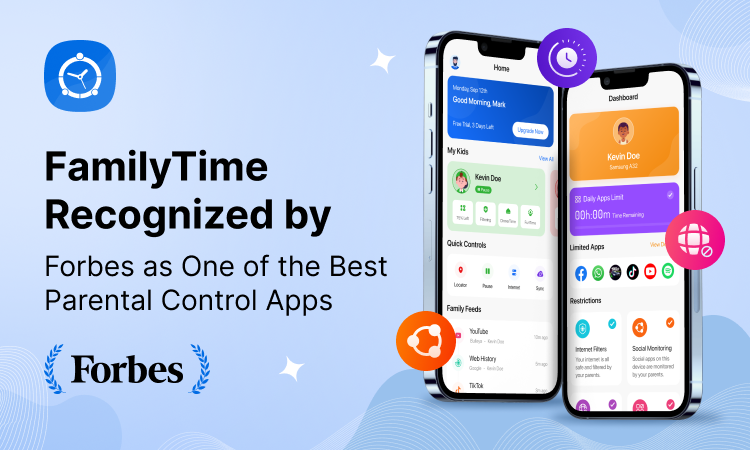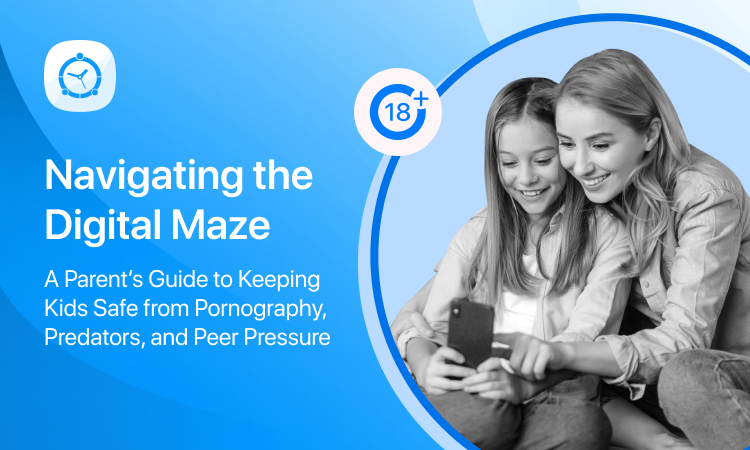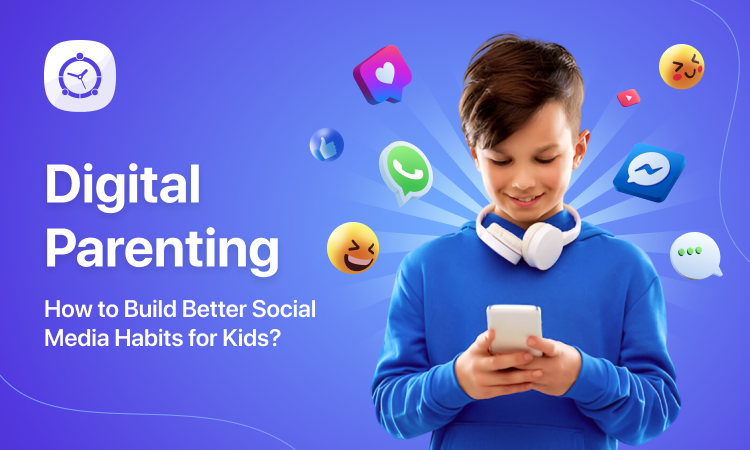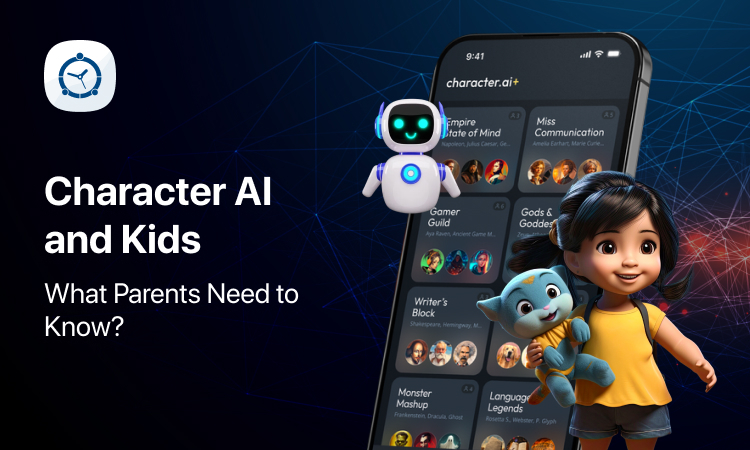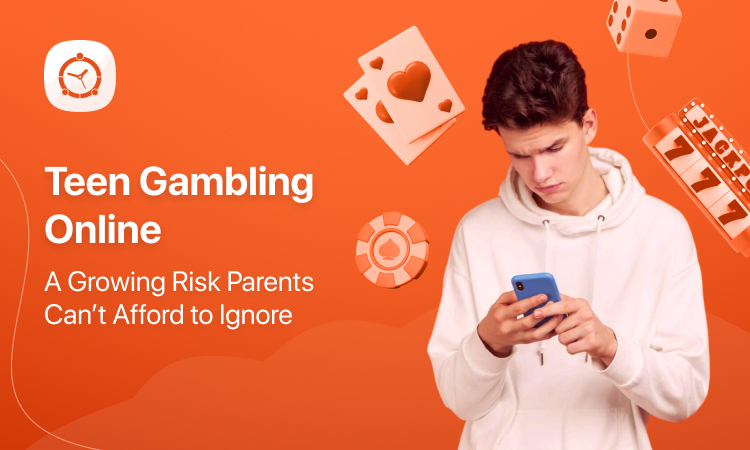Does your boy like to play with Barbie dolls? Or does your girl like to play with cars and action figures? Do you observe your son showing interest in dressing up as a girl and doing girly things? Till children are young, we just don’t pay much attention to it and let them play with things they want; after all, they’re just kids and stopping them would create confusion in them. But what if they are already confused?
Like many adults teens tend to be confused about their gender orientation, they are confused that whether they are homosexual or feel like the opposite sex? They don’t know what to do and who to go for help. Parents should treat gender confusion problems like, cross-gender play, cross-dressing, discomfort with peers or siblings of the same sex and less or no friends of same-sex, as the signs that something is up with their child. This could be Gender Identity Disorder. Do you know what GID actually is?
What is Gender Identity disorder (GID)?
Gender identity disorder (GID) is defined as strong, relentless feelings of identification with the opposite gender and uneasiness with one’s own gender. People with GID wish to live as members of the opposite sex, for example, a boy may feel and act like a girl and vice versa. Some cross-dress, and some may eventually undergo sex-change surgeries. This is different from homosexuality, homosexuals almost always are at ease with their gender.
Symptoms of GID
How can you tell if your teen has Gender Identity Disorder? Well, the Diagnostic and Statistical Manual of the American Psychiatric Association (DSM IV TR) describes GID as strong and relentless cross-gender identification with at least four of the following:
- Frequent longing to be of the opposite sex.
- Cross-dressing; for boys preferring and wearing female clothing and, in girls; wearing conventional male clothing and rejecting to wear clothes own their own gender.
- Strong desire to partake in the conventional activities of the other sex.
- Assurance that he or she has the usual feelings and emotional reactions of the other sex.
- Desire to live or be treated as the other sex.
Studies show that it is more persistent in boys than it is in girls! Boys begin to exhibit the symptoms of GID before 4 years. Girls also have an early beginning, but most give up masculine behavior by teenage years.
What can parents do?
Research has shown that parents play an essential role in the journey to and treatment of GID. If you feel that your teen is going through gender confusion and is displaying the symptoms, here’s what you need to do:
- Communicate with your child. Ask them what they think of their gender and what is going on in their mind, don’t think of them as too young, they need to be heard.
- Consider seeking help from a therapist or a psychologist, if you teen is persistent in the particular behavior.
- Consider psychotherapy; it helps patients of GID to come at ease with the gender identity they want. This will help them decide whether they want to be the other sex for the rest of their life and live as a transgender or become comfortable with their own gender.
- Don’t jump to conclusions; it might be just a phase and they might eventually grow out of it.
Precautions are always good
Precautions are always good even if you don’t feel that your teens’ are not confused about their gender. Parents monitoring their children’s activities have always been beneficial. If you want to determine whether your teen is going through gender confusion than, use parental monitoring apps to observe their online behavior. Teens often refer to the internet for any of their problems instead of talking to you or any other responsible adult. View their web-history to see if they are searching for any gender confusion related material, and guide them before any misleading content does.
GID- It is nothing to be ashamed of!
Tell your kids that they are not the only one in this planet, but there are many others like them- hundreds of them- who face the same confusion. It is nothing to be ashamed of! Tell them that they are not alone in this and that you are with them at every step and will support any decision they make either it is to live as the opposite or their own sex. Remember that you are their biggest support and lifeline. So be with them in this time, even if it’s a phase or a life-time change. Love and support them!




